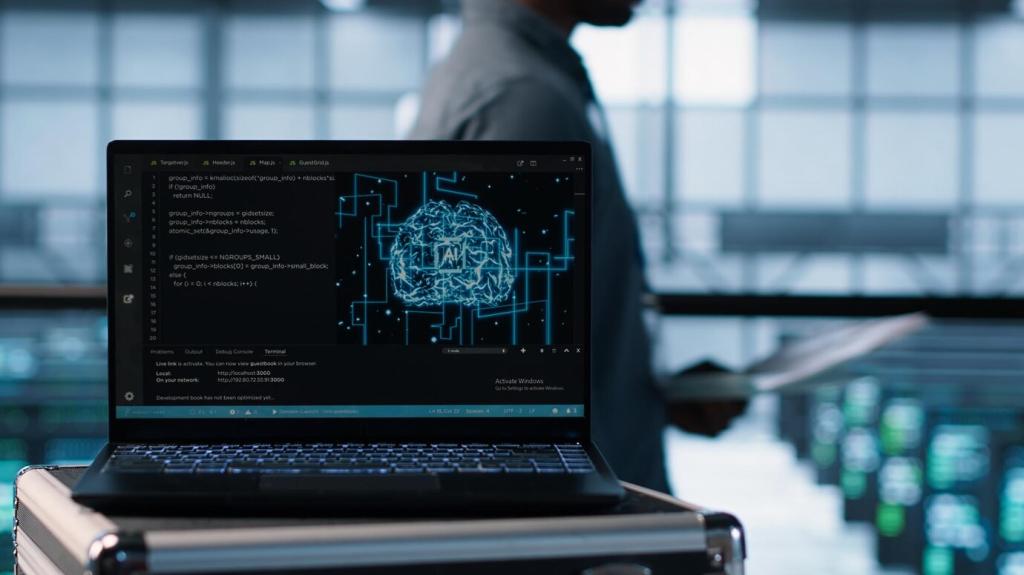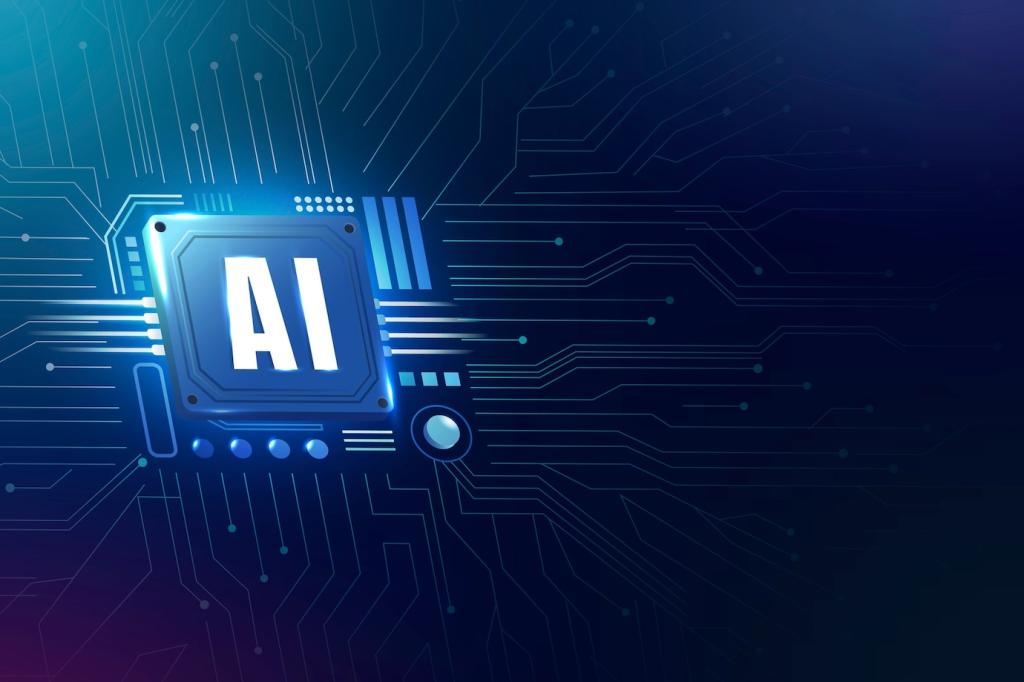AI-Driven Personalized Learning Experiences
AI-driven personalized learning experiences represent a revolutionary approach in modern education, placing each learner at the center of their unique journey. By leveraging advanced artificial intelligence, educational platforms can now analyze students’ abilities, preferences, and progress in real time to provide tailored content, support, and assessment. This shift from a one-size-fits-all model to a customized pathway empowers learners, increases engagement, and boosts achievement. As AI continues to evolve, the possibilities for personalizing education extend beyond traditional classrooms, transforming how knowledge is delivered and absorbed across age groups and industries.

The Transformative Power of AI in Education
Adaptive learning platforms harness the power of AI to analyze student interactions and learning patterns. Using algorithms, these platforms adjust the content’s difficulty and presentation in real time, ensuring that learners are neither overwhelmed nor under-stimulated. This continuous adaptation keeps students challenged at the right level, supporting retention and mastery. Over time, adaptive platforms compile data on individuals, allowing educators to pinpoint strengths and weaknesses instantly. This dynamic and responsive approach breaks down the barriers of traditional learning sequences, enabling a more efficient and satisfying educational process.

Custom Learning Pathways
Custom learning pathways allow AI-powered systems to design individualized curriculums for each student. By assessing competencies, interests, and goals, these systems curate a sequence of tasks, resources, and assessments that align with the learner’s unique profile. Unlike traditional settings where all students follow the same trajectory, personalized pathways accommodate various speeds and styles. This ensures academic growth is maximized for each person—whether they require foundational support or advanced challenges—making education both inclusive and motivating.

Automated Assessment and Feedback
AI facilitates continual assessment by generating and grading tasks tailored to each student’s level. Automated feedback delivers instant insights on strengths and areas needing improvement, fostering a growth-oriented mindset. Rather than waiting days or weeks for evaluation, students receive guidance simultaneously with their work, which accelerates their learning cycle. This real-time, data-driven feedback is vital in helping learners self-correct and build mastery efficiently. Additionally, educators can focus more on mentoring and less on routine grading, adding further value to the learning experience.
Enhancing Teaching and Learning Through Data-Driven Insights
01
AI-powered tools meticulously track every learner’s progress, collecting data from quizzes, assignments, and interactions within digital platforms. This ongoing monitoring provides both educators and students with up-to-the-minute insights into academic performance. Teachers receive alerts about students who are excelling or struggling, allowing them to offer timely encouragement or intervention. Students, in turn, gain a clear understanding of their advancement and can take ownership of their learning journey, setting achievable goals based on concrete evidence.
02
AI doesn’t just transform student learning; it also empowers teachers by identifying instructional strengths and potential areas for growth. By analyzing classroom data, AI recommends targeted professional development resources, strategies, and new technologies tailored to each educator’s needs. This ongoing, customized support ensures teachers remain at the forefront of educational best practices. Moreover, the automation of administrative tasks allows instructors to dedicate more time to student interaction and creative curriculum planning, ultimately enhancing the overall learning experience.
03
As AI continuously gathers and analyzes feedback on curriculum effectiveness, educational institutions are equipped to iterate and optimize their programs rapidly. This data-driven approach highlights which lessons or resources yield the best outcomes, enabling refinement on the fly. Institutions no longer rely solely on end-of-term reviews but instead engage in continuous improvement, making adjustments to better meet student needs as they arise. Over time, this leads to more relevant, engaging, and successful curricula that evolve alongside advances in educational research and technology.
